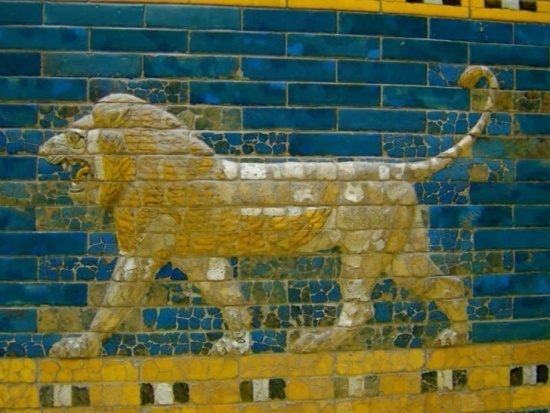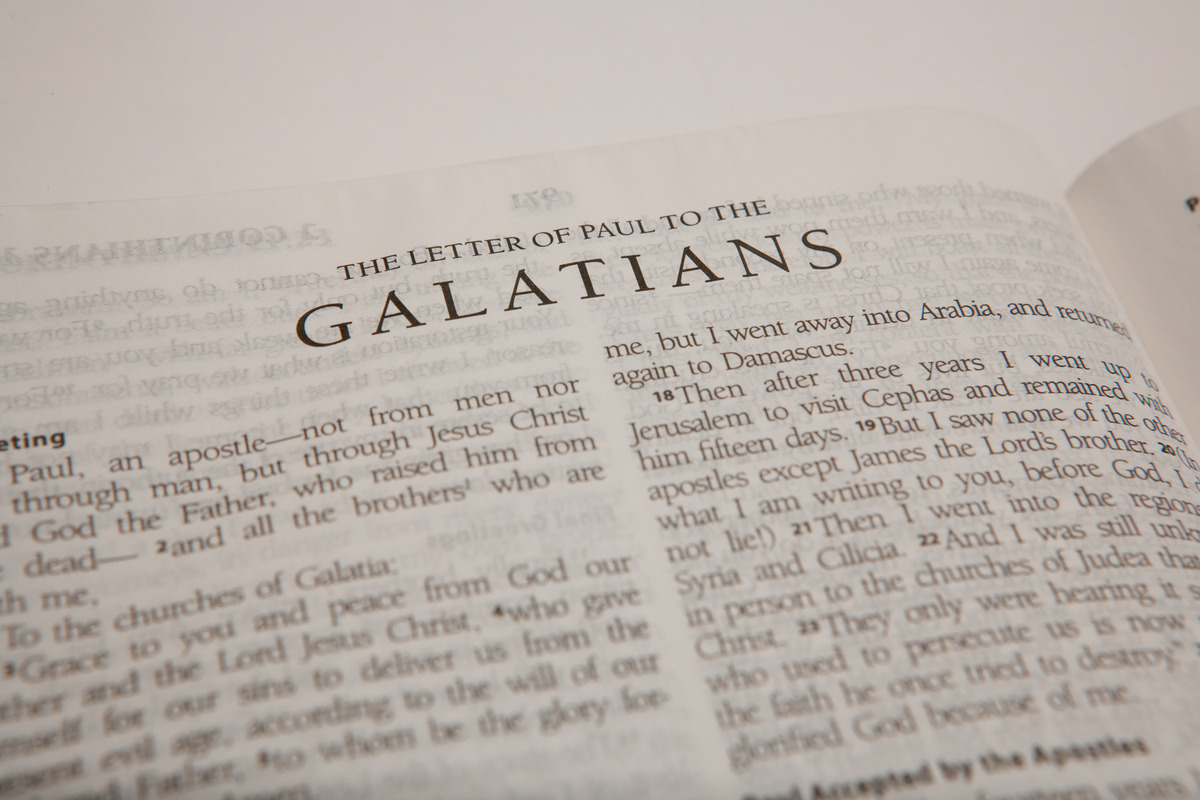
The Seventh in a Series of Sermons on the Book of Daniel
After Daniel interpreted the king’s frightening dream, Nebuchadnezzaer was greatly relieved. In fact, the king was so thankful to Daniel that he acknowledged his young Hebrew servant’s God as “God of gods and Lord of kings, and a revealer of mysteries.” The Babylonian king even made good on his promise to reward anyone who could interpret his dream. He “gave Daniel high honors and many great gifts, and made him ruler over the whole province of Babylon and chief prefect over all the wise men of Babylon” (v. 48). Daniel remained in service to the royal court until his death about 538 BC–living well into his eighties. But while Daniel remained a trusted court advisor to both Babylonian and Persian officials, his three Hebrew friends, Shadrach, Meshach, and Abednego, were serving elsewhere as high officials in the province of Babylon–a favor which Nebuchadnezzar granted to Daniel on their behalf. Although Nebuchadnezzar offered high praise to YHWH because he revealed the meaning of the dream to his servant Daniel (as recounted in chapter 2), it will become clear that the Babylonian king never gave up his pagan ways and erected a golden statue, demanding that his subjects worship it. This strange demand is a mix of a gigantic royal ego, ancient near-eastern power politics, combined with pagan religion. Once again, Daniel’s friends’ lives are in danger, and this time Daniel will not rescue them–YHWH will, in what amounts to the next round in the on-going conflict between YHWH and the idols of Babylon.
As believers in YHWH, Daniel’s three friends (who were taken captive when Daniel was) refuse to worship Nebuchadnezzar’s statue, believing this to be a violation of the first two commandments in the law given to Israel by YHWH–There are no Gods but YHWH, and YHWH’s people are not to worship idols. Upon learning that three of his own appointed officials refused to worship the statue–especially three men who were serving in this capacity as a favor to Daniel–Nebuchadnezzar erupts in his characteristic rage and fury. The king demands the execution of these rebellious Hebrew officials–just as he had ordered previously with his court magicians. Yet, Shadrach, Meshach, and Abednego, will be spared again, only this by far more dramatic and miraculous means.
This passage (Daniel 3) is one of the most famous of the so-called “Bible stories” (along with “Daniel in the lion’s den”) which Christian children are taught, and which few forget because of the nature of the story, its ability to capture a child’s imagination, and because of the sing-songy names of Shadrach, Meshach, and Abednego. While Bible stories are anything but harmful, they are often sanitized and prone to miss the main redemptive-historical point of the original event, which is, in this case, the conflict between YHWH and the idols, reflected in the difficult struggle faced by YHWH’s faithful servants in exile, who are under tremendous pressure from a pagan king to renounce their faith, and who threatens their lives if they refuse to renounce their faith in YHWH. The alternative is death and martyrdom–such as we have recently seen on the evening news, ironically, in the same location.
As we continue our series on the Book of Daniel, we come to an episode which reflects the struggle of Hebrew exiles living in Babylon now living under the heavy hand of a tyrannical king like Nebuchadnezzar. Although commanded by YHWH to live their lives to the fullest during their exile (cf. Jeremiah 29:1-9)–including serving in the government of the nation which was bringing havoc upon their own people (Israel)–YHWH’s people are to worship and serve him only throughout their time away from the promised land. Nebuchadnezzar, however, now demands that all his subjects worship a newly-erected golden statue–an edict which includes all the exiled Hebrews in Babylon. Nebuchadnezzar’s order also included the rulers throughout his entire kingdom, likely extending to the Jewish vassal king back in Judah (Zedekiah). In any case, the act of bowing before such a statue would have been an extreme violation of a Jew’s conscience, and an act of open disobedience to YHWH’s commands.
To read the rest of this sermon: Click Here
 Sunday, May 21, 2017 at 01:59PM
Sunday, May 21, 2017 at 01:59PM  Creeds and Confessions
Creeds and Confessions








